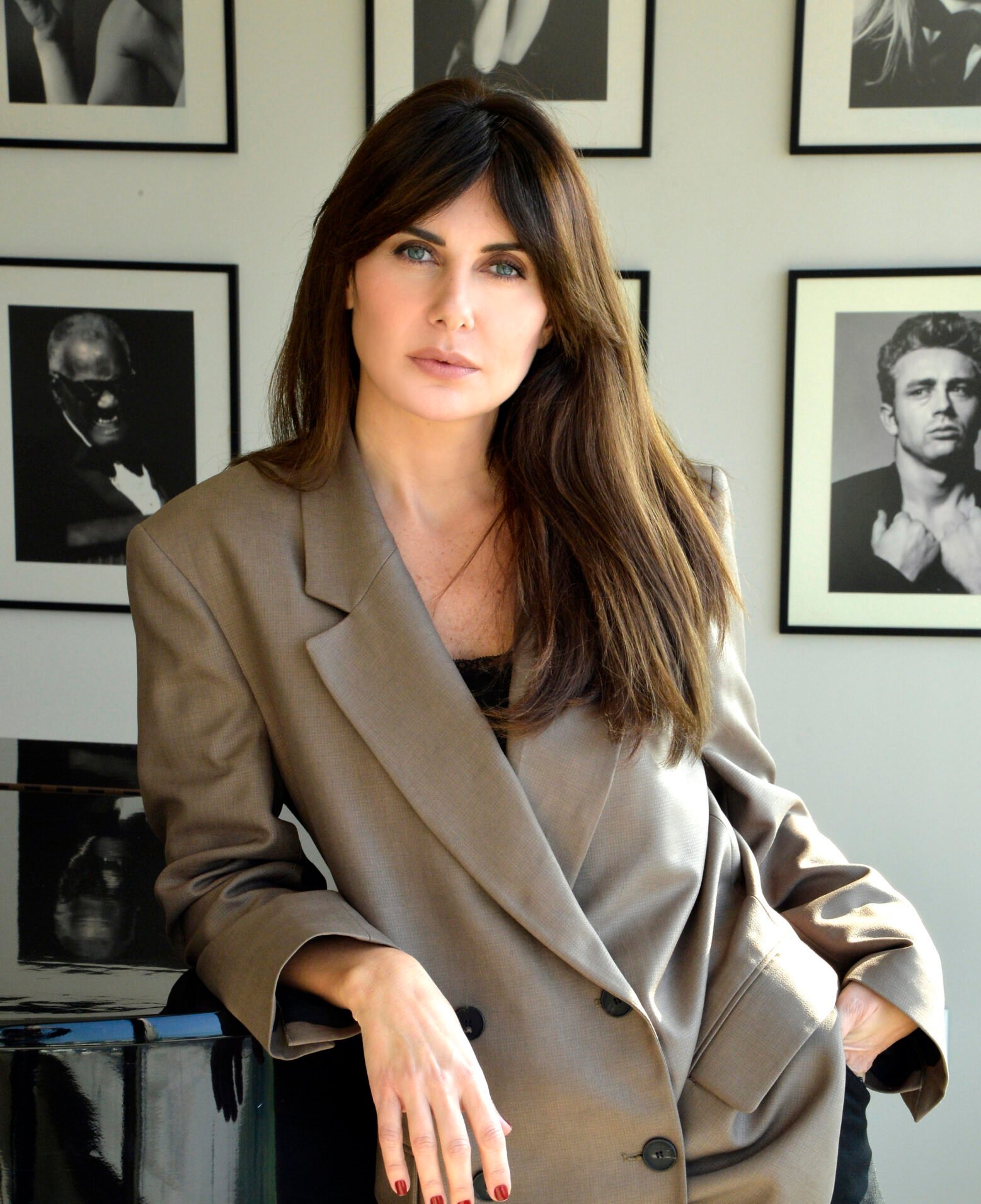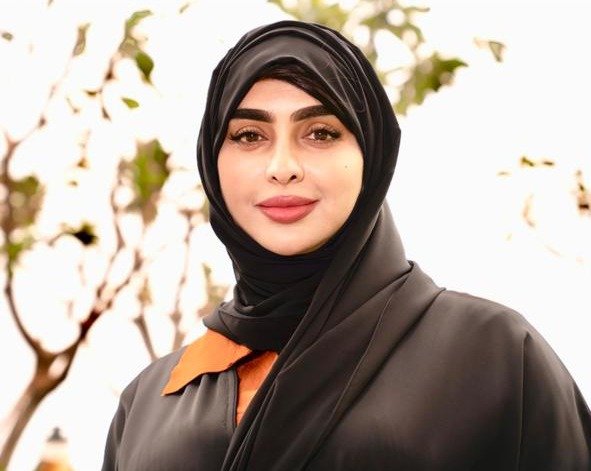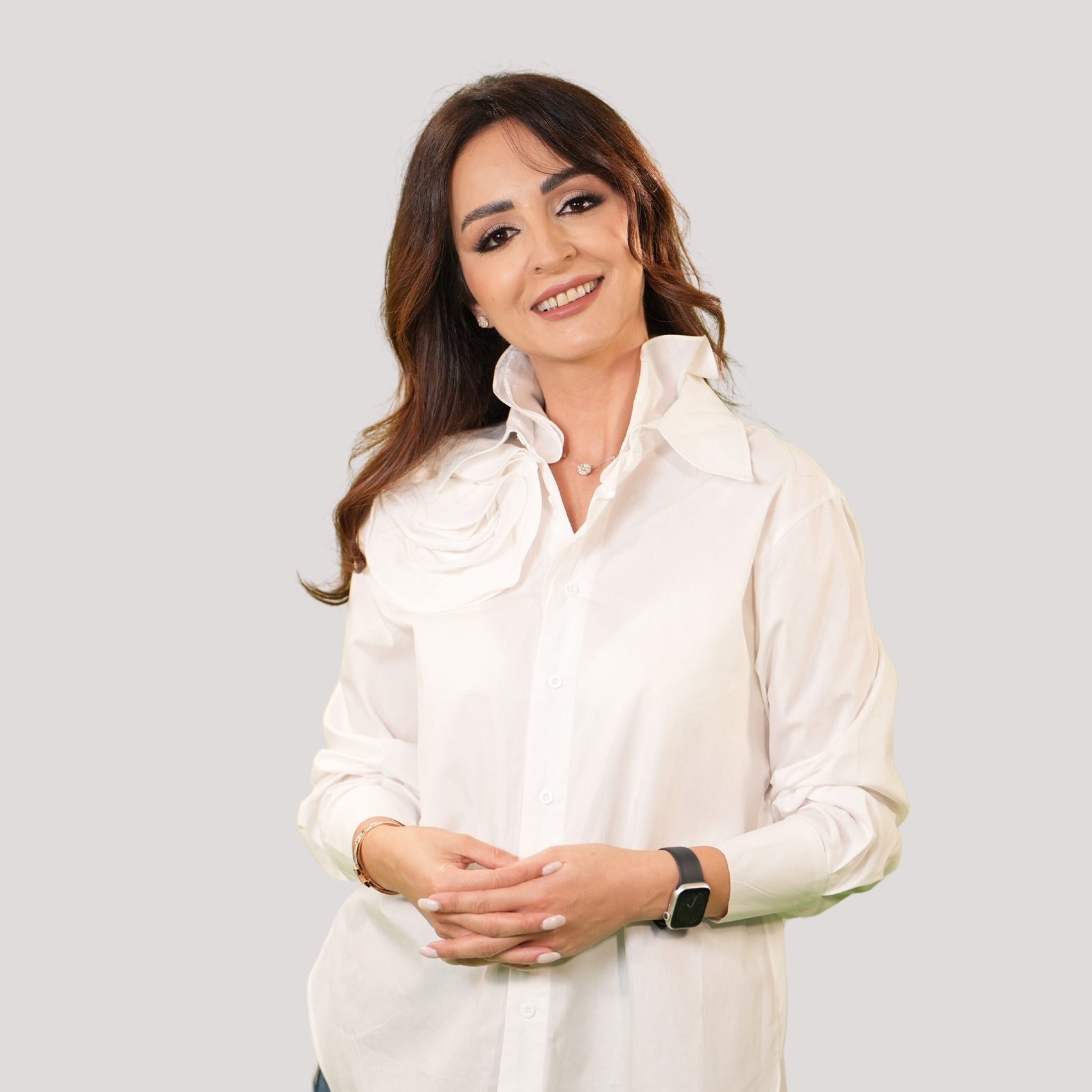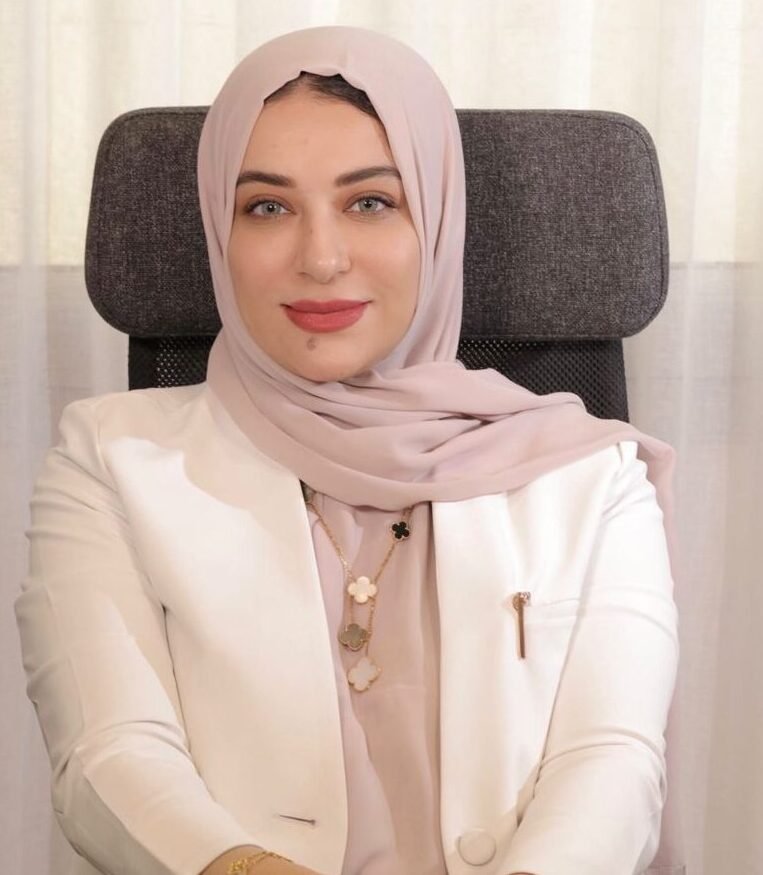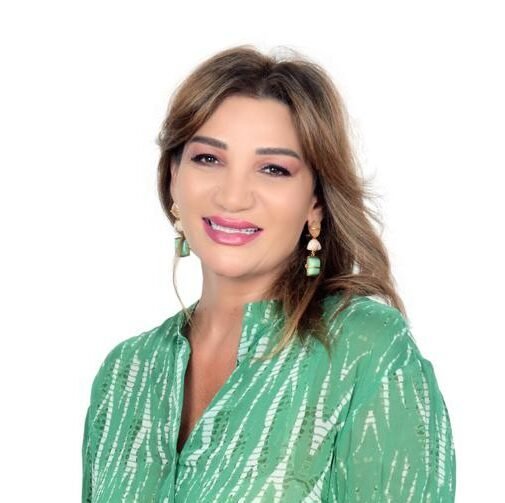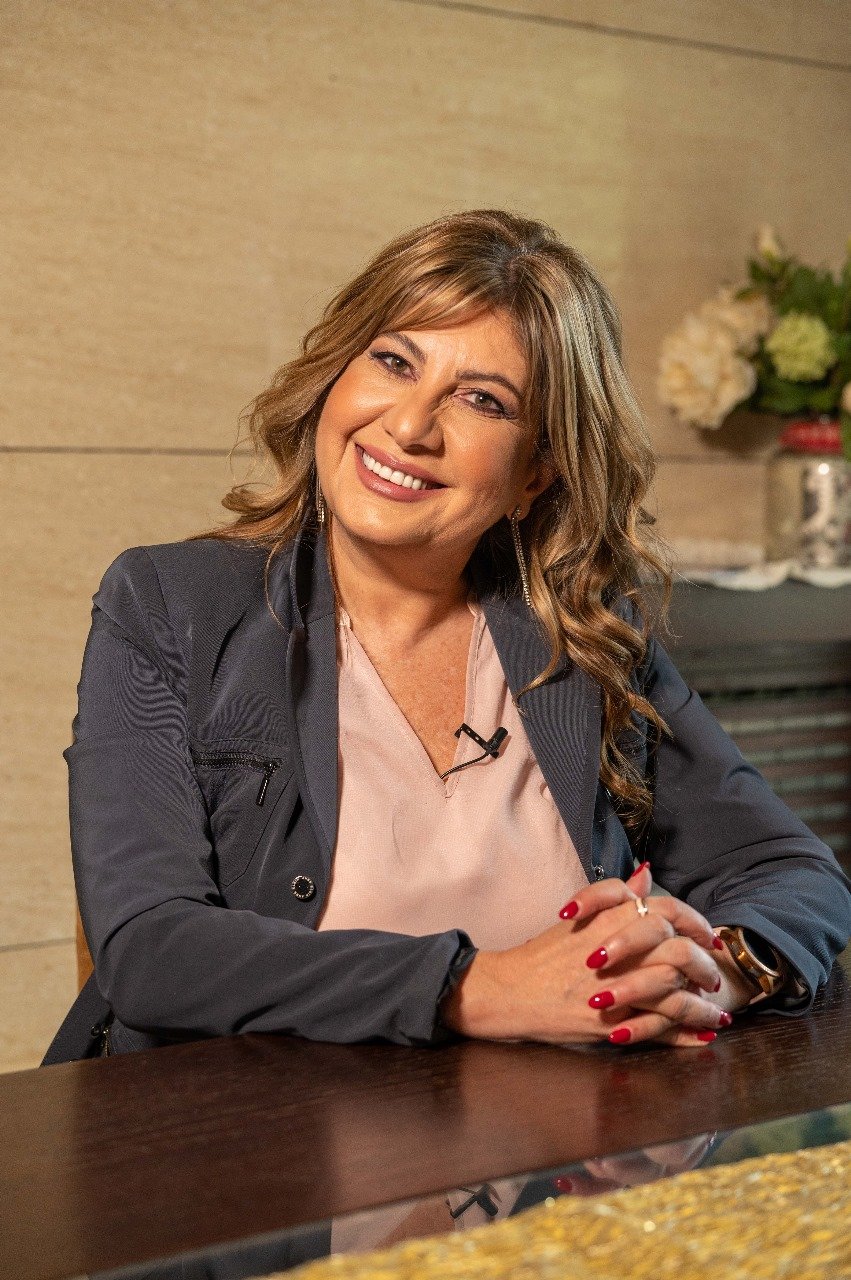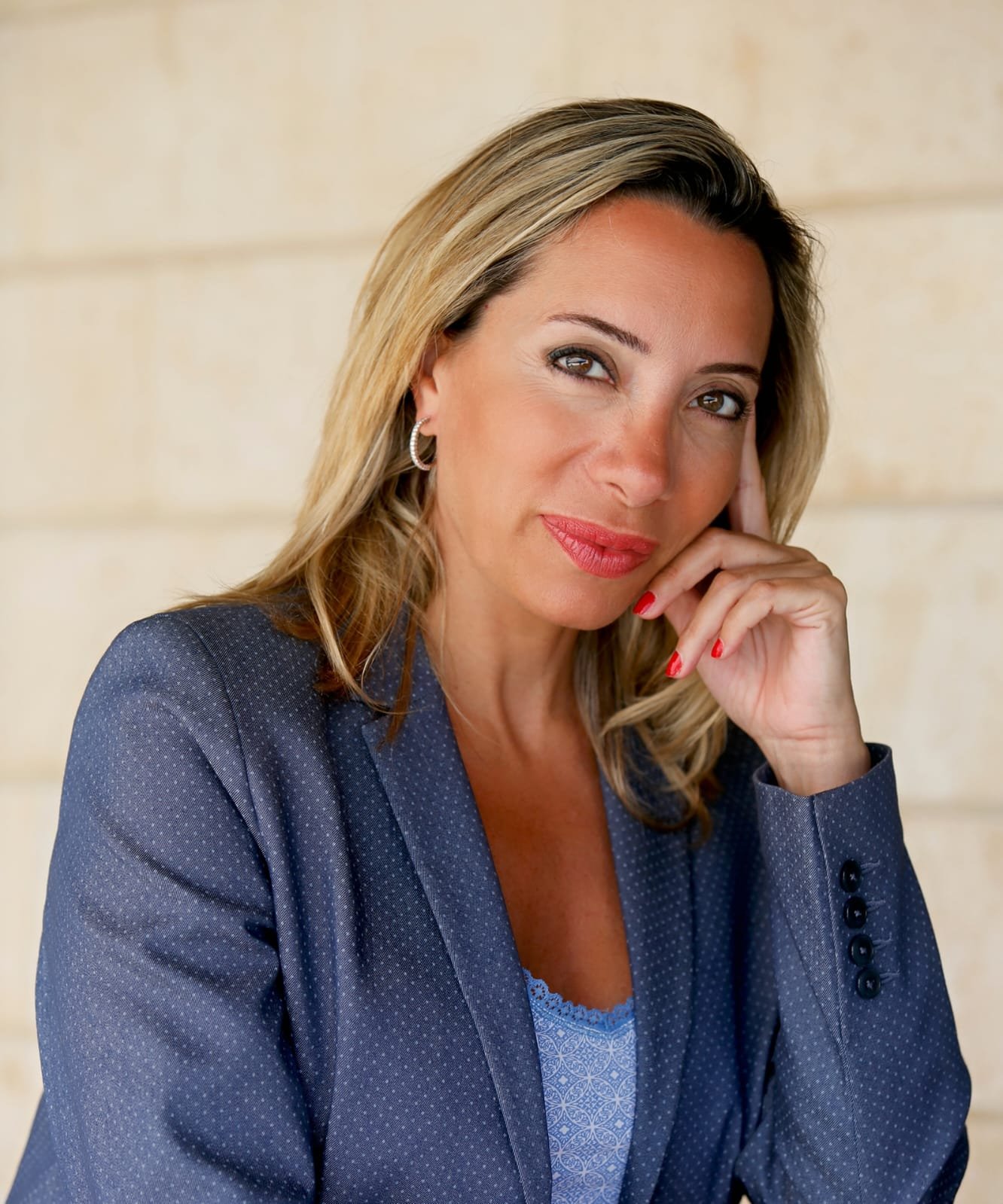First Question
Dr. Zeina Ghossoub: With the new openness in the Arab World, we are realizing there are a lot of things that have changed. Since you are in Saudi Arabia describe to us what changes you have witnessed so far?
Fatima Ibrahim: Of course, in Saudi Arabia, there has been a new mission for 2030. Women have a much bigger and dominant presence, specifically in the workforce. Whether she is in the C-Level or in the ministry level. Now she is being appointed at a political level. When I talk about C-Level people, the challenge women still face, is that they still might be the only female in a male-dominated space. This is one challenge, that naturally makes a woman in the labour force feel lonely. She can’t voice out her opinion properly, so she remains timid.
In my personal experience, men would go out for a cigarette break, and make decisions, and I would be the last person to know. So how do we handle these situations? That’s our biggest challenge. Do we go and join them? Which is what I did, and it did break certain barriers. It’s important to remember that in the Arab world, men haven’t been used to working with women, so it is a two-way street of learning and progressing.
Second Question
Z: I do a lot of mentoring for women in the C-suite level, and in Saudi Arabia. What I found is that there is also a problem with the lack of equal pay for the same position. The other issue is the expectations that men have for us, with these expectations being out of order, and negatively affecting women. In addition, men have the proper training and aid, while women do not. So they face a lot of challenges, which cause a lot of barriers for her in a professional manner.
Z: In the United States, women continue to face lower promotion rates in companies and are perceived to exhibit less leadership compared to their male counterparts.. We still have these issues globally not only in the Arab World.
F: In Saudi Arabia, with the vision of 2030, they have opened a lot of opportunities for women to prove themselves in the workforce, whether in the public or private domain. It is there, but also on the other hand what is lacking is not the training, because Saudi has the training, it is a challenging environment where women weren’t there in the workforce before. So, there is this gap in experience, hence the lack of confidence.
Third Question
Z: So, for you what would be the solution for these women?
F: I think one of the fastest solutions, is having women take any projects they can even above their scope to gain that exposure. She must overcome the fear of not being considered good enough by asking all the right questions, shadowing others, and requesting additional projects beyond her scope to facilitate learning.
Fourth Question
Z: Is guilt hindering women from finding balance between personal and professional life? How does the pressure to excel in the labour industry affect women’s mental and physical well-being? Can juggling multiple dynamics lead to burnout, and is work-life balance truly attainable for women?
F: I always say that you create the “work-life balance”. It isn’t a myth; you create it to fit your standard. If say I am responsible for my life, and myself, I will unconsciously create this balance. The responsibility for your own life, and your own mental health, is a conscious decision to reflect. It is a priority, and if you don’t own it, you are not being responsible.
Fifth Question:
Z: Do you think women go through ‘imposter Syndrome’ in the labour industry? Have you witnessed these cases?
F: You highlighted the significance of how women are raised and influenced by societal norms. During our upbringing, we were subject to numerous “Do’s and Don’ts” imposed by societal expectations, shaping our perspectives and behaviors, even if they weren’t necessarily correct.These limitations were there because we are women. So unconsciously when I join the workforce consequently of course it’s natural for women to feel like they have imposter syndrome.
For more exclusive interviews head to: ONE-ON-ONE – Executive-Women
To know more about: Dr. Zeina Ghossoub
To know more about: فاطمة ابراهيم





